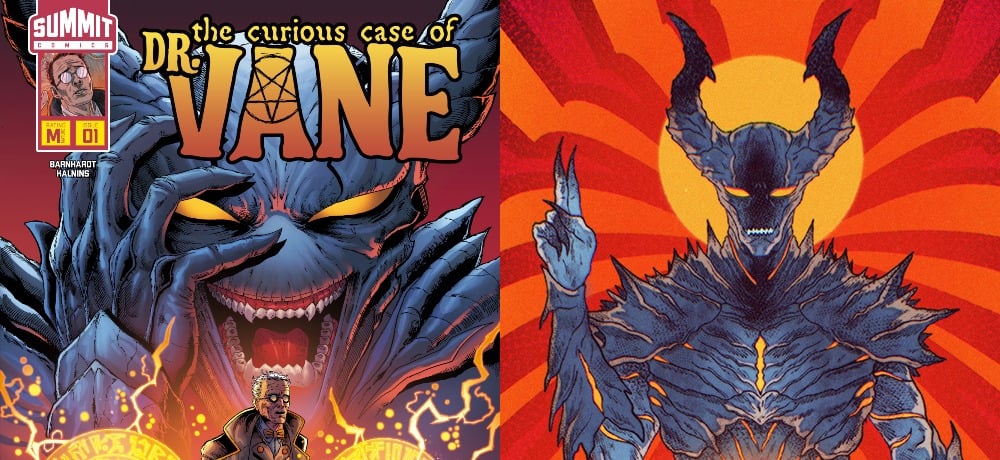





For decades, the Southern Gothic genre has dominated the depiction of American life. Authors like Mark Twain, William Faulkner, and Carson McCullers have depicted the American South as an almost mystical region where the fear of God hovers thickly in the air and madness pricks at everyone’s overheated minds. One of the most disturbing practitioners of this genre is Flannery O’Connor, but the author never accepted it as her own. O’Connor insisted that her stories were simply depictions of Southern life as it really was, grotesqueries and all—her intention was not to unsettle or evoke horror. For someone who did not witness this environment firsthand, it’s hard to accept that this is simply a look at how Southern life is; because her stories are truly so horrifying.
One of her most famous stories, “A Good Man is Hard to Find,” has the dawning-nightmare effect of Shirley Jackson’s “The Lottery.” A normal family runs into an infamous killer during a road trip, and the matriarch attempts to appeal the man’s manners as he murders her offspring. It’s gut-wrenchingly realistic horror, because these things happen, and the character takes a fairly straightforward approach to survival: talk her way through. Yet, according to O’Connor, this isn’t a horror story—it’s simply terrifying because it could, and has, happened.
This notion can be applied to the bulk of her work, which included two short novels. Her first novel, Wise Blood, almost feels like a fable gone wrong. What begins as a young man’s amusing, misguided search for religious truth slowly degenerates into a psychological tragedy. There are recognizable macabre images—a dried-up mummy being toted as the new Jesus, men in gorilla suits conning kids out of money—but the story’s real terror comes from its violent depiction of faith gone wrong. Hazel Motes, the protagonist, goes to great lengths to bring himself closer to full understanding. By the end, it’s unclear how much of him is left.
Similarly, The Violent Bear It Away explores the ways faith can destroy people; this time through the lens of a family whose obsession with belief-based reform tears them apart. Teenaged Francis finds himself caught between two uncles: one who kidnapped him and raised him under an oppressive, delusional idea of Christianity, and a more modern—but equally as close-minded—caretaker. His strong but blind will convinces him to resist both authorities, creating a rift in his mind from which a commanding voice orders him to commit a horrific act. It’s an angsty, unnerving view of fundamentalism, but most of all a portrait of youth lost within the mistakes of their elders.
O’Connor’s lifeblood, her short stories, are full of the same anxiety and despair—people trapped by family or their delusional beliefs. “Revelation” refers to a woman’s realization after a girl attacks her in a hospital, whispering a disturbing prophecy as she is sedated. “The Enduring Chill”—already a creepy title—views a man tormenting his mother with his impending death, though the result isn’t what he expects. A man who tries to convert a boy’s behavior leads to his own son’s awful fate in “The Lame Shall Enter First.” A grandfather’s terror over losing his legacy results in a shocking crime in “A View of the Woods.” These tales are full of the same theological fever, emotions boiled to rapturous intensity by the humid heat. Yet they’re not all that far-fetched. Don’t people succumb to these delusions, these empty fears, and allow grotesque things to happen?
Her tales have a prophetic aura about them—they’re not just depictions of life; they’re examinations of the darkest human beliefs, the desperation for importance. They can feel Biblical, almost apocalyptic, at times. Certainly, this isn’t how things are; it’s just the way O’Connor’s characters perceive them. And that perception is truth in itself, no matter how distorted or grotesque it seems—sometimes these feelings of doom, of rupturing revelation, come from the most mundane sources. O’Connor delivers these revelations to us in her remarkable writing, and it makes sense that we would be horrified by them; perhaps all the more so because we know, deep down, that they’re true.